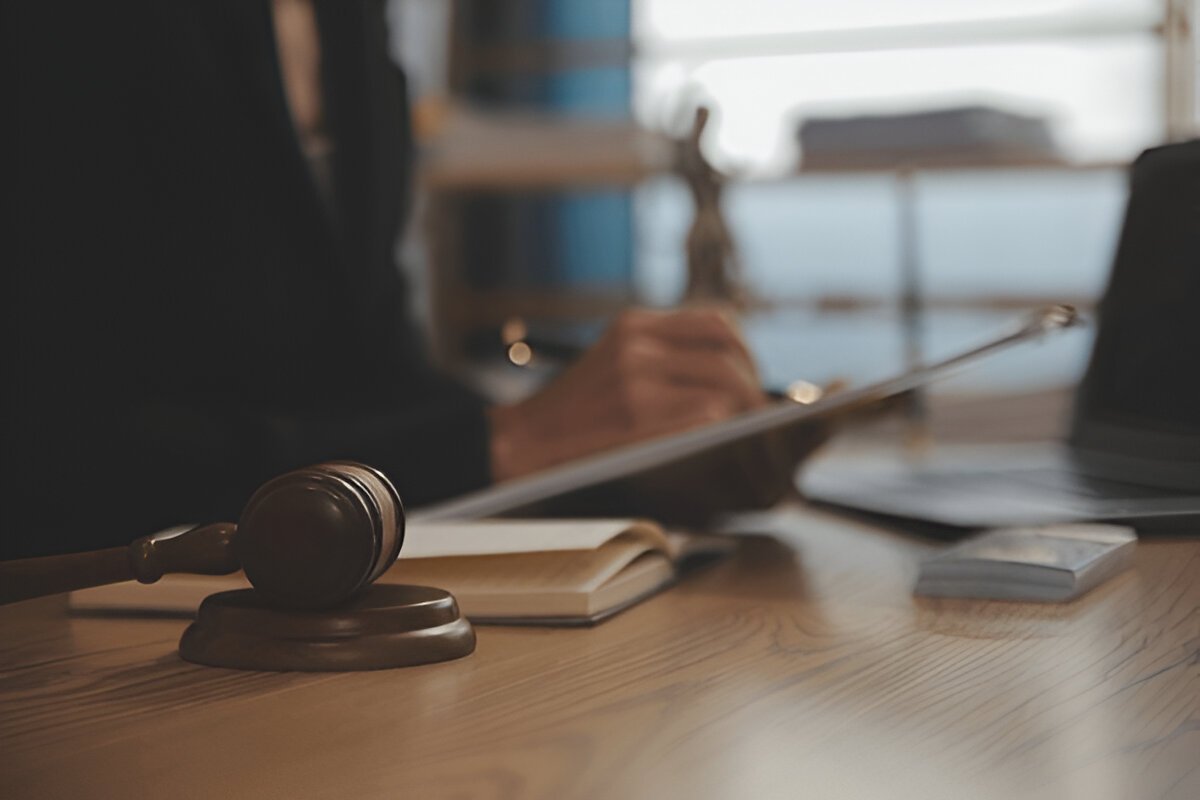The recent imposition of curfew in parts of Nagpur following violent protests over the Aurangzeb tomb row raises several legal considerations.
The violence erupted following protests by Vishwa Hindu Parishad and Bajrang Dal demanding the removal of Aurangzeb’s tomb from Maharashtra. During the protest, a symbolic grave wrapped in a green cloth was burned, which triggered unrest as rumors spread that sacred verses were inscribed on the cloth. This led to violent retaliation by a section of the community, resulting in stone-pelting, arson, and clashes with the police. In response, the administration imposed a curfew to control the situation.
Basis for Imposing Curfew
- Section 163 of the Bharatiya Nagarik Suraksha Sanhita (BNSS)
- This section empowers the police commissioner to impose restrictions to prevent a breach of peace or violence.
- In this case, the police commissioner of Nagpur, Ravinder Kumar Singal, issued a notice under Section 163 to control the escalating violence.
- Section 144 of the Code of Criminal Procedure (CrPC)
- This section prohibits the assembly of more than four people in an area.
- Given the large-scale violence and the risk of further escalation, prohibitory orders were enforced under Section 144, restricting public gatherings in key areas of Nagpur.
Implications for Citizens
- Restrictions on Movement: Citizens residing in the affected areas are required to stay indoors until further notice.
- Essential Services: The curfew may affect access to essential services; however, authorities generally allow movement for medical emergencies.
- Legal Consequences for Violations: Any person found violating the curfew orders can face legal action under the BNSS and IPC provisions related to public order.
Responsibility of the State
The state government, led by Chief Minister Devendra Fadnavis, has a constitutional duty to maintain public order under Article 21 (Right to Life) and Article 19 (Freedom of Movement & Assembly) of the Indian Constitution. The government must ensure:
- Fair Enforcement of Law: Law enforcement agencies must act impartially, ensuring that all those involved in violence, irrespective of community or political affiliation, are held accountable.
- Protection of Fundamental Rights: While imposing restrictions, authorities must ensure that citizens' fundamental rights are not unduly compromised.
- Preventive Measures: The government should work towards preventing communal tensions by addressing grievances through dialogue and legal means.
Political and Social Ramifications
- The Opposition, including leaders from Shiv Sena (UBT), NCP (Sharad Pawar), and Congress, have criticized the state government's handling of the situation.
- The ruling government must ensure transparency in its actions to prevent the politicization of communal unrest.
Conclusion
The curfew imposed in Nagpur is a necessary legal measure to prevent further escalation of violence. However, it is essential that law enforcement authorities act within the framework of constitutional rights and democratic principles. Citizens must also exercise restraint and refrain from spreading rumors or engaging in unlawful activities. As the situation unfolds, adherence to legal protocols and responsible governance will be crucial in restoring normalcy.

